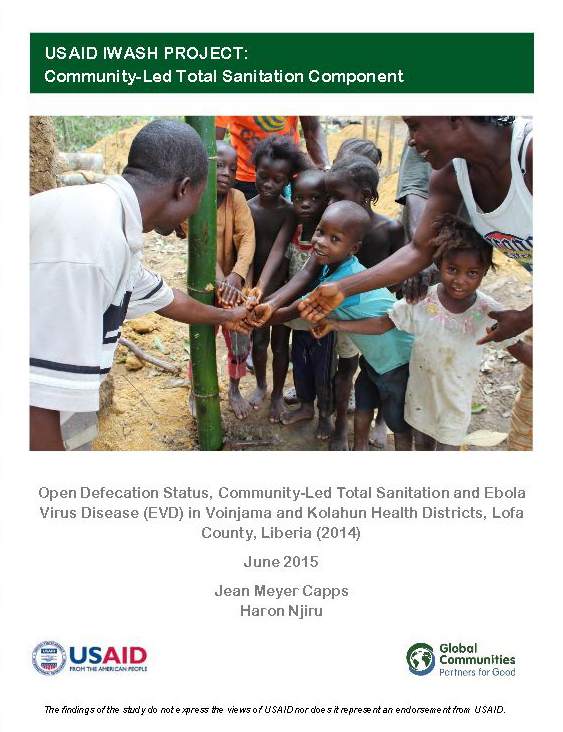You are here
Wed, 2014-09-24 02:25 — mdmcdonald
This working group is focused on discussions about sanitation.
The mission of this working group is to focus on discussions about sanitation.
Add Content to this group
Members
| Kathy Gilbeaux | mdmcdonald | MDMcDonald_me_com |
Email address for group
sanitation_guinea@m.resiliencesystem.org




Recent Comments